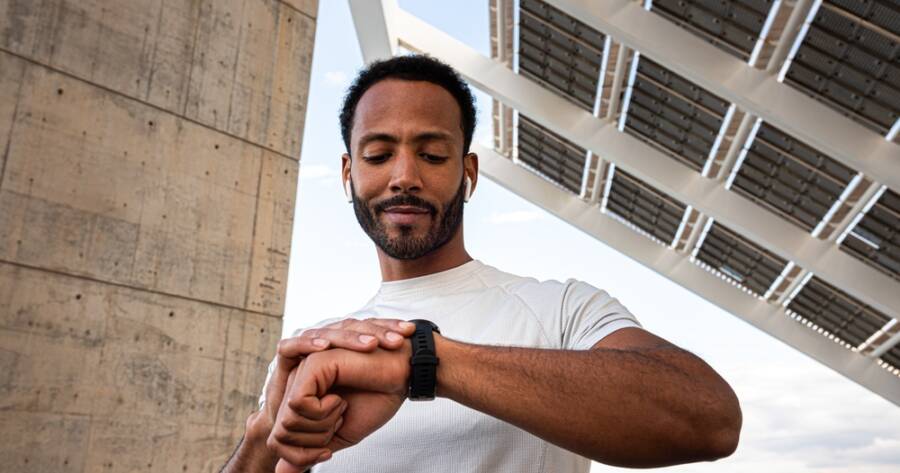From wearable devices and fitness apps to virtual reality and AI-driven workouts, technology is revolutionizing personal fitness, offering creative ways to stay active and healthy. Discover how modern advancements in technology enhance workout routines, promote healthier lifestyles, and tackle modern challenges, such as data privacy, to maximize fitness results effectively.
Technology’s Role in Modern Fitness
In recent years, technology has become an integral part of personal fitness, offering innovative solutions and enhanced methods to stay active and healthy. The rise of wearable fitness technology, such as fitness trackers and smartwatches, has brought a new dimension to workout routines by providing immediate health data feedback and optimizing fitness plans as per scientific studies. The wearable technology market is expected to reach $150 billion by 2026, reflecting its growing influence on personal health management.
The Impact of Wearable Fitness Devices
Wearable fitness technology offers users extensive real-time data on health metrics like heart rate, steps, and sleep patterns. These devices empower people to manage their health more efficiently and accountably through personal health management. Devices such as the Apple Watch provide comprehensive monitoring capabilities, contributing to improving physical activity levels. Studies have shown that the integration of wearable technology can significantly enhance traditional fitness regimes by providing accurate data that encourages active lifestyles.
Fitness Apps and Their Advantages
Fitness applications have evolved into essential tools within personal fitness practices. Apps like MyFitnessPal and Nike Training Club have made workouts more accessible by offering personalized exercise and nutrition plans that cater to individual needs according to personal preferences. These digital tools have gained popularity due to their ability to make fitness more engaging and efficient, driving the growth of the fitness app market, which is anticipated to grow substantially over the next decade.
The Emergence of Smart Gym Equipment
Technology continues to redefine personal fitness with the advent of smart gym equipment integrated with digital features. Equipment like Peloton and NordicTrack utilizes AI to deliver customized workouts, promoting convenience with live streaming and community interaction through advanced gym equipment. This evolution has made it possible for users to enjoy professional-quality workouts from the comfort of their homes, thereby transforming how fitness enthusiasts approach their routines.
Integrating Virtual Reality in Fitness
Virtual Reality (VR) is paving the way for more immersive and engaging workout experiences. By creating interactive environments, VR motivates users through gamified exercises, enhancing the appeal and effectiveness of digital workouts. Virtual reality fitness not only makes physical activities more enjoyable but also enhances intensity through immersive workouts.
Harnessing Artificial Intelligence for Personalized Training
The use of Artificial Intelligence (AI) in fitness has opened up new avenues for tailor-made workout solutions. AI-driven platforms such as Peloton and Zwift analyze user data to craft adaptive workout plans designed to fit individual fitness goals and needs using AI technology. This personalized approach ensures that individuals receive the most benefit from their exercise routine, maximizing results while minimizing risks.
Managing Challenges and Ensuring Data Privacy
While the integration of technology in fitness has numerous benefits, it also brings challenges, particularly concerning data privacy. It’s crucial for users to be aware of how their personal data is being used and ensure that they are taking steps to protect their information given technological challenges. Balancing technology use with mindful habits is critical to maximizing the advantages of fitness technology.
Maximize Fitness with Technology Today
Understanding the integration of technology in personal fitness unveils the remarkable opportunities available for improving health and wellness. Technologies such as wearable fitness devices, interactive VR environments, and AI-driven personalized workouts offer unprecedented control over personal fitness journeys. Individuals can access a wealth of information and support that were previously unattainable, thereby transforming their approach to staying fit and healthy. Those exploring these technological advancements will find sophisticated solutions powerfully linked to achieving their fitness goals, promoting a healthier lifestyle.

